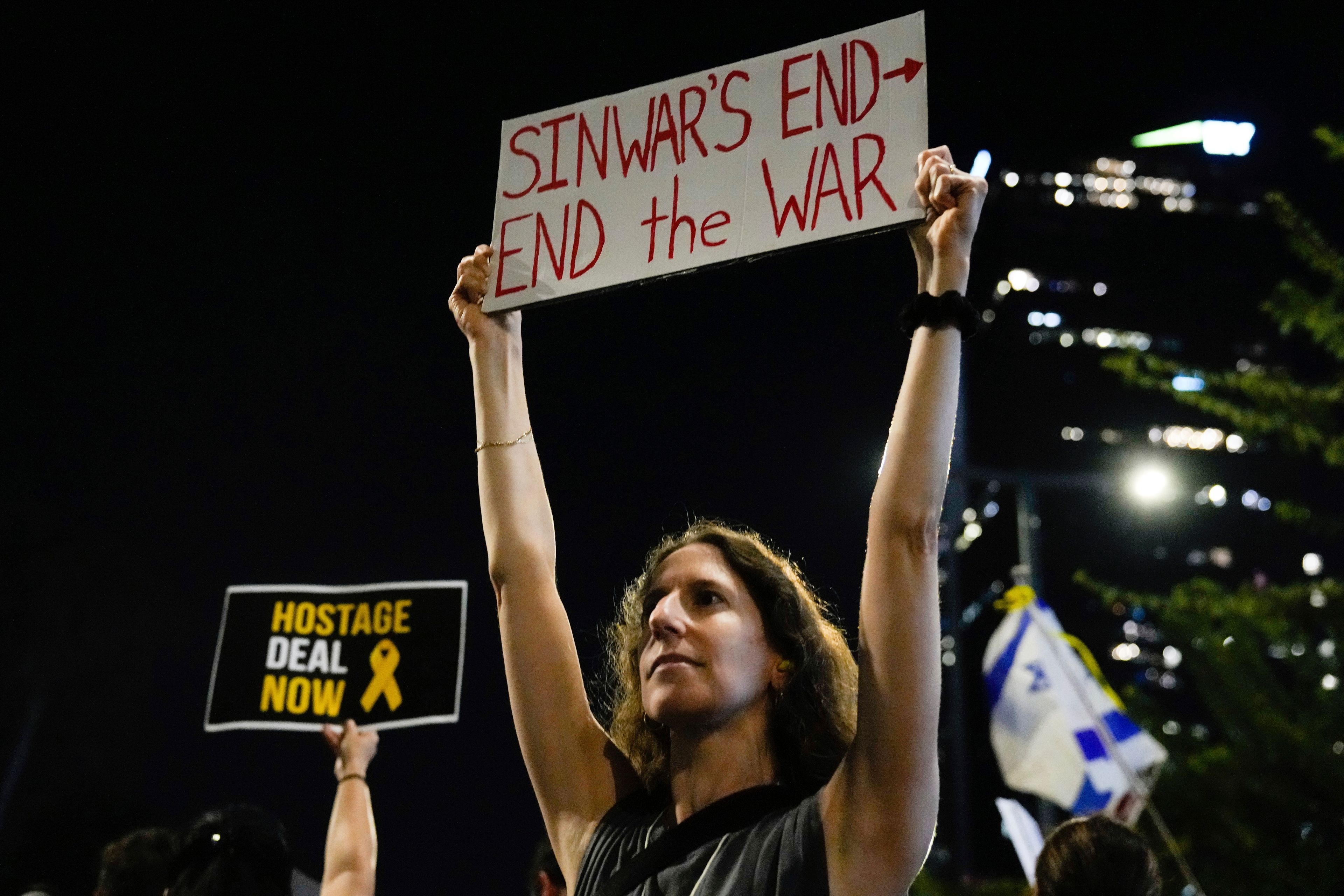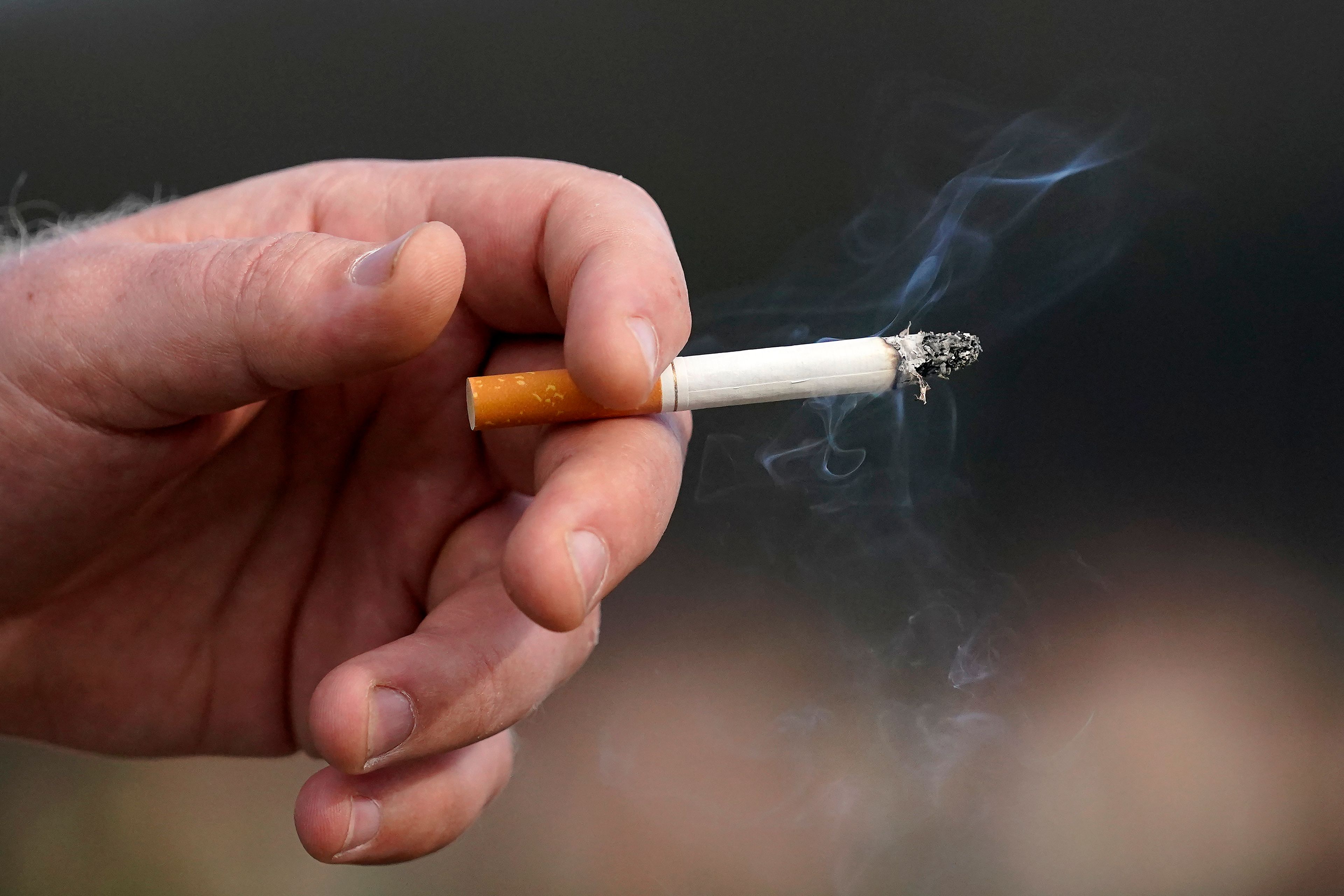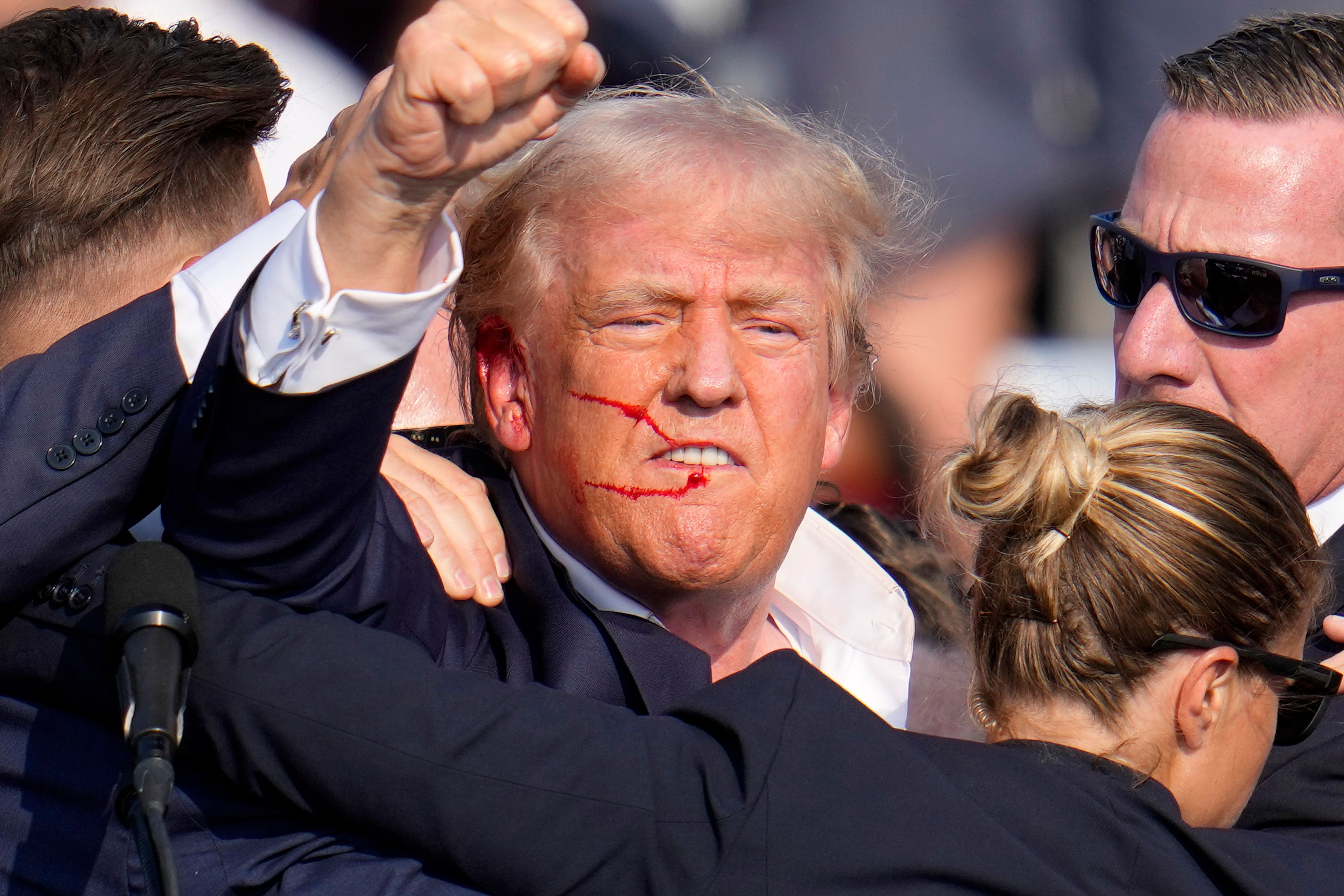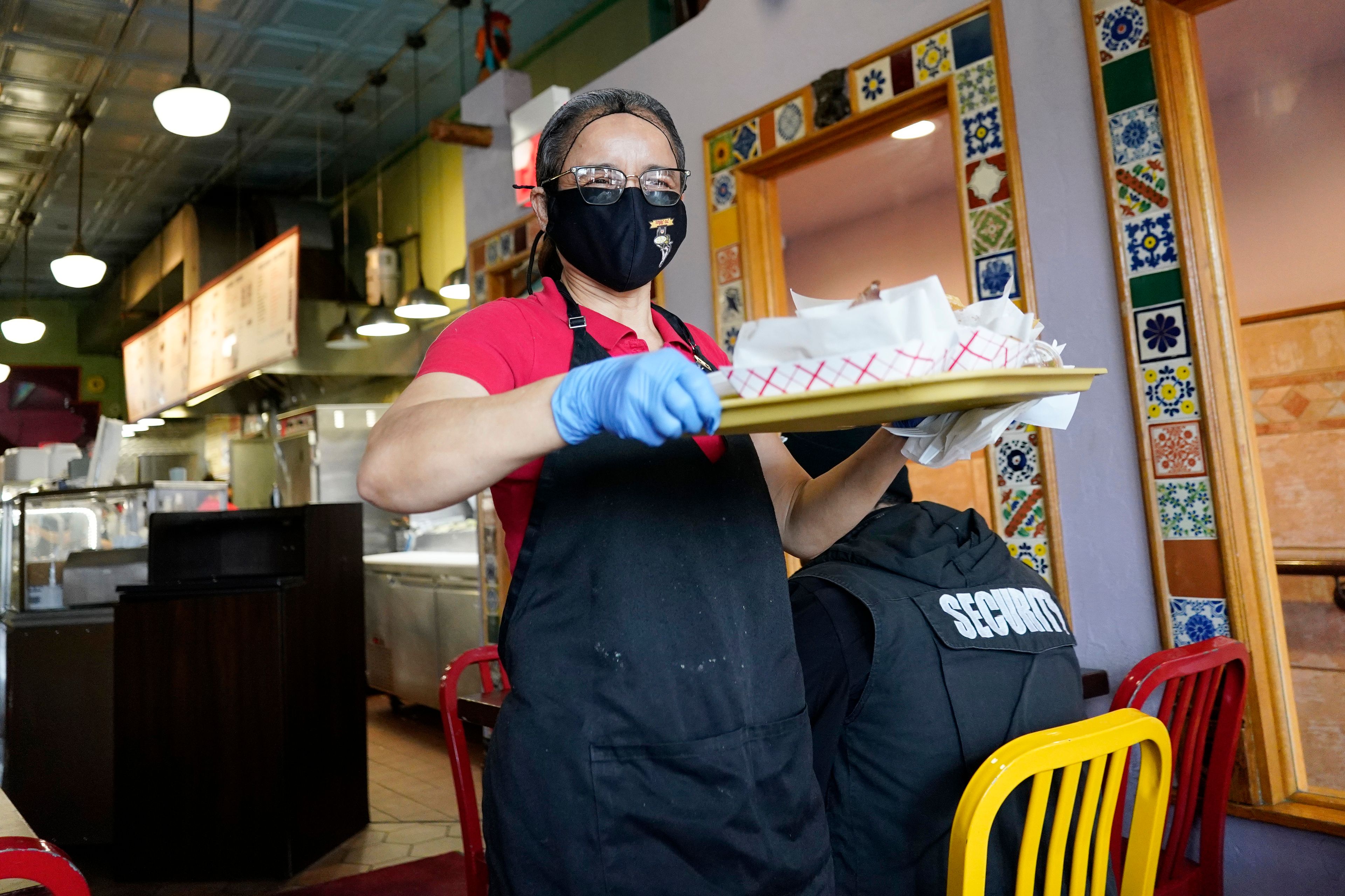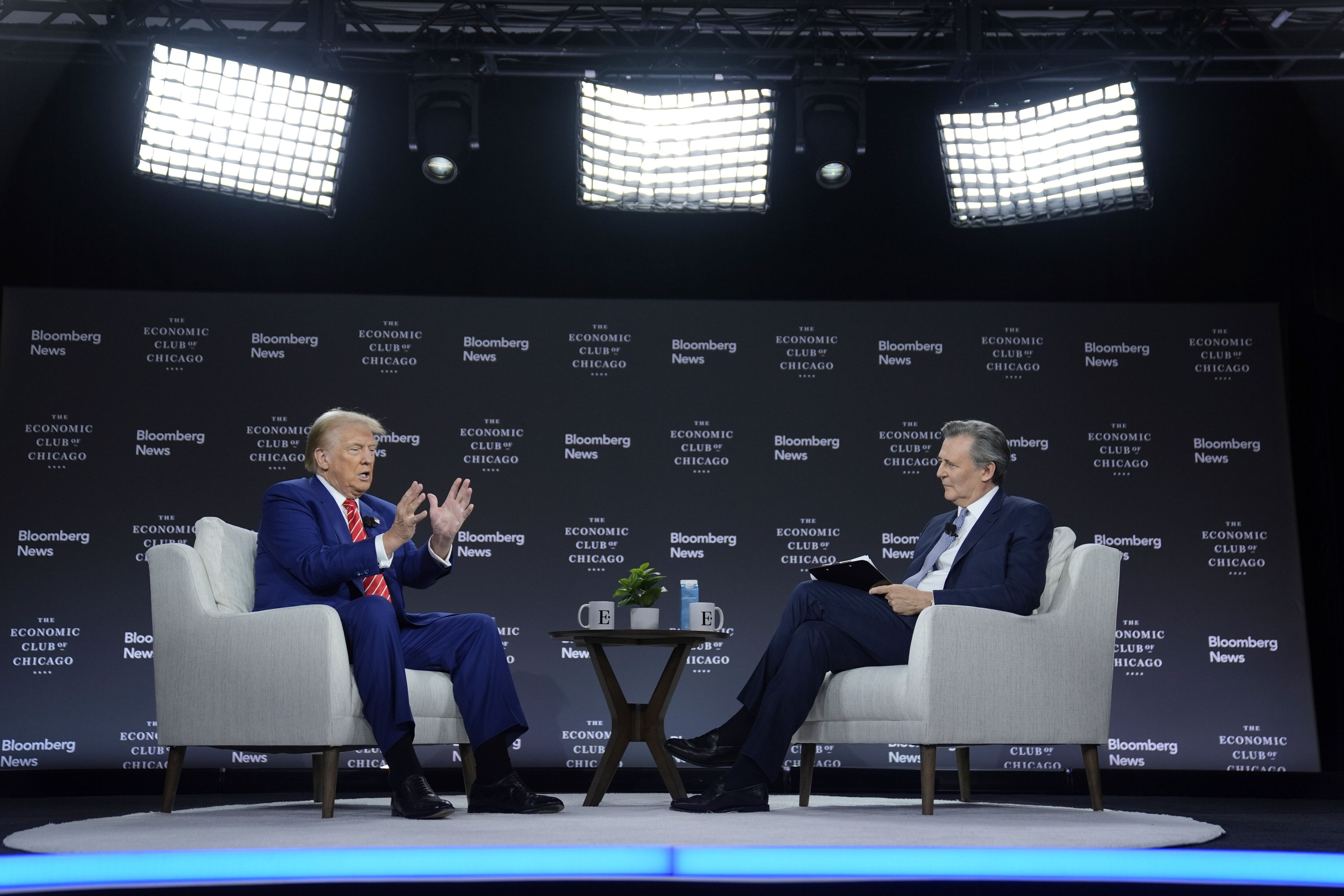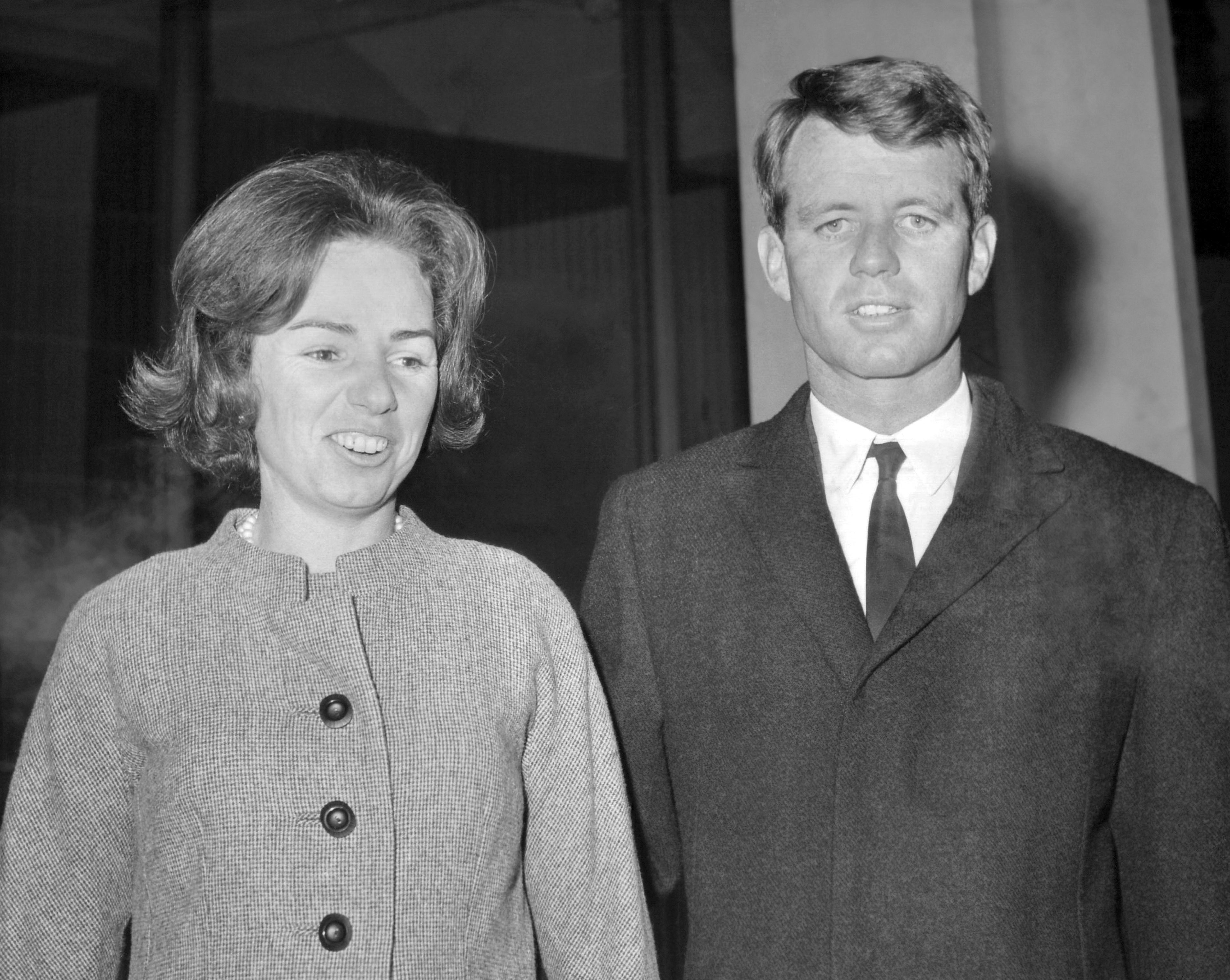Experts agree: The world can't be made safe from terrorists
PARIS - The terrorism crisis still unfolding in Paris Saturday was the one security officials were prepared for. The suspects were known to be suspicious. The primary target was known to be a primary target.
Police had assigned extra protection to the offices of the weekly satirical newspaper Charlie Hebdo, which in the past had often enraged Islamist organizations with its cartoons of the Prophet Muhammad. French police followed, photographed and listened in on the suspects, and at least some of their terrorist contacts were known well. The men reportedly were on the U.S. no-fly list.
And yet on Wednesday, they broke into the offices of Charlie Hebdo and killed 10, including five well-known cartoonists and two police officers there to protect them.
So the question being asked in Paris, around Europe and around the rest of the world is, "How did it happen?" If known suspects can hit known and protected targets, how can unknown targets be protected from unknown attackers?
The simple answer, anti-terrorism experts agree, is they can't be. The world is not a safe place, and the reality of surveillance falls far short of the image portrayed by Hollywood.
Mark Singleton, director of the International Center for Counter-Terrorism in The Hague, Netherlands, said that in the end, it comes down to numbers. An estimated 600 to 1,000 French citizens are "jihadi tourists" who have traveled to Syria or Iraq to fight with the Islamic State or other terrorist organizations for a short time, before returning to their homes and lives here.
In addition, there are homegrown and self-radicalized threats, and each year an estimated 40 terrorists are released from French prisons and could require monitoring.
"For every individual who should be monitored, approximately 20 staff are needed," he wrote in an email response to questions.
Meanwhile on Saturday, a search continued for Hatay Boumeddiene, the 26-year-old woman who's been described variously as the girlfriend or wife of Amedy Coulibaly, who is suspected of being part of the terrorist cell that launched the Charlie Hebdo attack. Coulibaly is suspected of killing a policewoman on Thursday and bragged to a French television interview that he had killed four hostages in a kosher grocery on Friday before he was killed himself when police stormed the store.
Boumeddiene was named as a suspect in the killing of the policewoman. On Saturday, news surfaced that Boumeddiene may have traveled to Turkey a week ago and crossed into Syria on Thursday.
The Paris newspaper Le Monde, citing "a well placed source" it did not otherwise identify, said that a woman carrying Boumeddiene's passport had boarded a Madrid to Istanbul flight Jan. 2 and that Turkish intelligence reported that she crossed the Turkish-Syrian border on Thursday. A return ticket for a flight Friday to Madrid was not used.
More resources for counterterrorist efforts have not been enough, Singleton said, as the attack on Charlie Hebdo showed.
"Mass surveillance is highly controversial," Singleton said. "It's never foolproof, as past events show, and comes at a huge cost. ... The knee-jerk reaction to call for more resources for security services and extend their powers is typical, but won't solve the problems in France or elsewhere."
Singleton argues that a more fruitful course is "striking the right balance between repression and prevention, addressing root causes of radicalization - at home and abroad."
In this case, one of the attackers had been followed for about a decade.
Said and Cherif Kouachi, native Parisians, were both on terrorist lists. Said Kouachi, 34, while outwardly quiet and reportedly polite in his community, was well known to U.S. security officials. They've said they knew he'd spent some time in Yemen with Al-Qaida in the Arabian Peninsula, and he was on the U.S. no-fly list.
His younger brother Cherif, 32, was better known to French security officials. He'd been arrested three times for terrorism-related activity. Security officials had recorded his phone conversations and photographed his meetings with other terrorist suspects.
Security experts note that the fact that such recordings and photos exist is a sign that Cherif was well known and followed. Still, Cherif Kouachi, in a television interview broadcast moments before he was killed by police gunfire Friday, said he had been able to travel to Yemen and meet with Anwar al-Awlaki, the U.S.-born cleric who was Al-Qaida in the Arabian Peninsula's external operations chief before he was killed by a U.S. drone strike in 2011.
"I know the secret service, don't worry about it," Cherif Kouacki told an interviewer from France's BFMTV. "I know very well how I was able to do things well."


